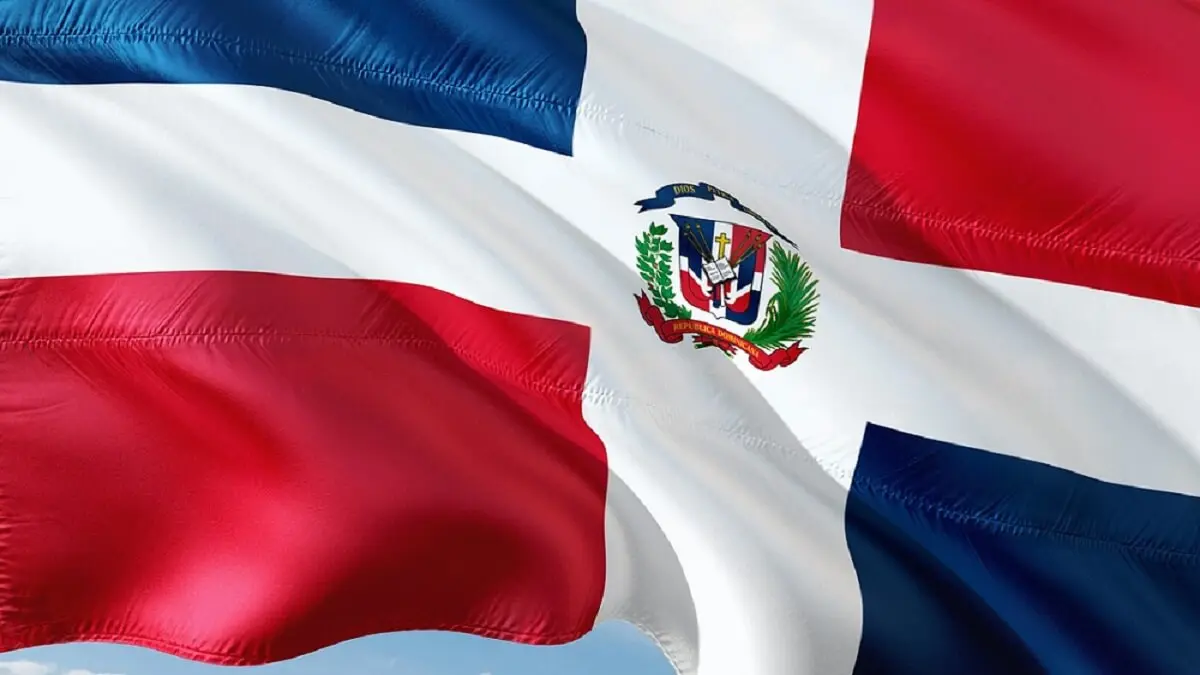Dominican Republic closes borders with Haiti

Almost ninety years after the massacre ordered by the dictator Rafael Leónidas Trujillo against Haitian labourers working on American plantations in the Dominican Republic, the conflicts between the two neighbouring countries, which after the temporary reconciliation with the also neighbouring dictator "Papa Doc" have been alternating with friendly relations and confrontations, are once again intensifying these days with the closure of the naval, air and land borders, announced from Santo Domingo by President Luis Abinader.
The tension comes from the latter because of the growing clandestine emigration of Haitians fleeing the poverty, uncertainty and insecurity that prevails in their country, one of the most destitute in the world, tempted to share the better living conditions offered by the more prosperous economy that is enjoyed behind borders that, despite the security measures that separate them, are easy to cross on foot.
As happened in 1937 when the tyrant Trujillo decreed the murder of some 20,000 Haitian braceros to gain the sympathy of local workers who complained about the theft of jobs brought about by competition from the less demanding and lower paid migrants from the neighbouring country working on the plantations, the problem is repeating itself, albeit now without violence or casualties.
The Dominican government stepped up measures to prevent their entry, which reached thousands a day, and, given the impossibility of stopping them, implemented a system of internal control, which, of course, did not go as far as the savagery known as "Perejil", committed under Trujillo's orders, and repatriation to their places of origin. Just as then, it responds to a demand from citizens who are not short of jobs either. Last year, more than 70,000 Haitians, including women and children, were expelled across the border.
Many local opinion leaders suspect that President Abinader is also trying to win over voters this time around, with a view to his re-election next year. But the threat of emigration is not the only reason for the border closures. There is also the fear inspired by the criminal gangs that maintain control in Haiti since the assassination of President Jovenel Moise two years ago, during which the government has been adrift.
On top of all this, there is another reason for confrontation with the works that the Haitians are carrying out to build a canal from the border river Massacre, a name that recalls the massacre in 1937, in order to irrigate 30,000 hectares of land, which would help improve agricultural production and, therefore, reduce food shortages. The Dominican government considers that such a canal would steal the water that the two countries share.


